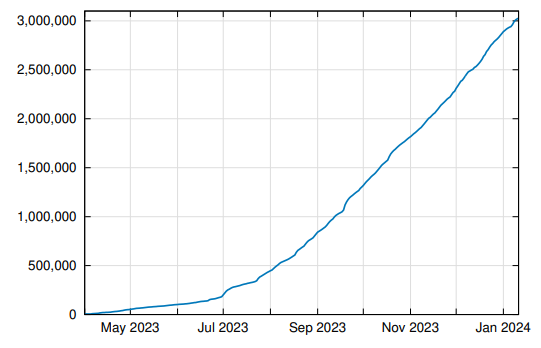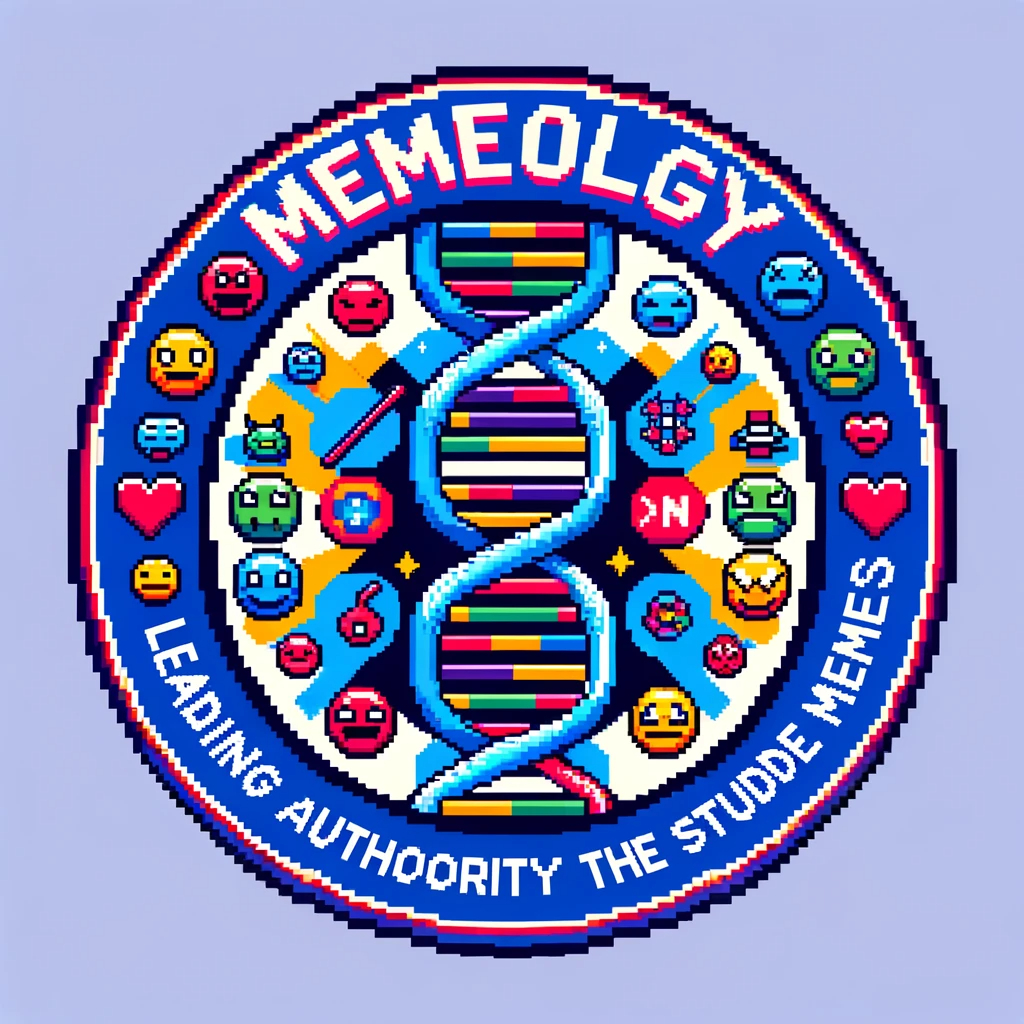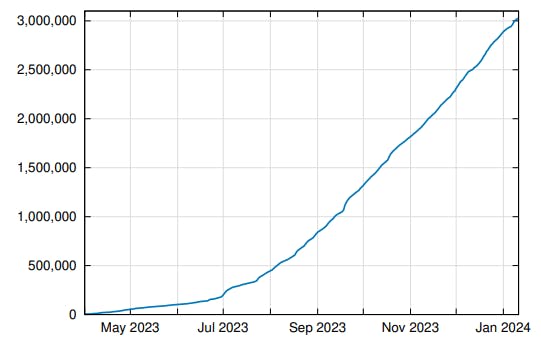Authors:
(1) Martin Kleppmann, University of Cambridge, Cambridge, UK ([email protected]);
(2) Paul Frazee, Bluesky Social PBC United States;
(3) Jake Gold, Bluesky Social PBC United States;
(4) Jay Graber, Bluesky Social PBC United States;
(5) Daniel Holmgren, Bluesky Social PBC United States;
(6) Devin Ivy, Bluesky Social PBC United States;
(7) Jeromy Johnson, Bluesky Social PBC United States;
(8) Bryan Newbold, Bluesky Social PBC United States;
(9) Jaz Volpert, Bluesky Social PBC United States.
Table of Links
2.3 Custom Feeds and Algorithmic Choice
3 The at Protocol Architecture
3.2 Personal Data Servers (PDS)
3.4 Labelers and Feed Generators
5 Conclusions, Acknowledgments, and References
2 THE BLUESKY SOCIAL APP
Bluesky presents itself to users as a straightforward microblogging application in the style of Twitter/X (see Figure 1). The “official” client app is available on iOS, Android, and the web; several independently developed client apps are also available, such as Graysky [42] and deck.blue [24]. Users can make public posts containing up to 300 characters of text, and up to four images, and they can interact with posts by replying, reposting, or liking. A user can also follow other users, and the default feed shows posts by accounts that the user is following in reverse chronological order. There are also alternative feeds that show content on various topics, without the user needing to follow the poster (see Section 2.3), which helps users discover each other.
Bluesky launched an invite-only beta release in February 2023, and has grown to over 3 million registered users in January 2024, as shown in Figure 2. Bluesky Social PBC (a public-benefit corporation) develops the official client app and operates the core services; the client and several server-side components are open source under the MIT license [8]. The protocols they use are defined by open specifications [7]. Several parts of the system, such as feed generators (Section 2.3) and various alternative clients [6] are developed and operated by independent third parties.

This paper is available on arxiv under CC BY 4.0 DEED license.

